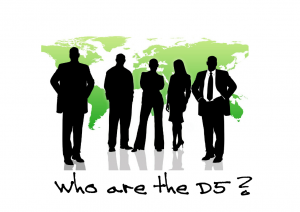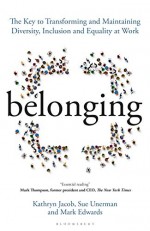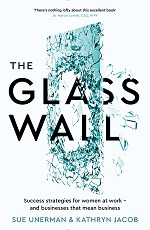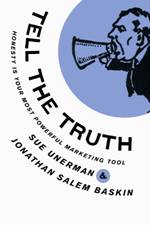 Content is a growth industry. Speaking recently to the Sunday Times ITV’s Adam Crozier said “The demand for content has never been higher. It’s a $50bn market globally growing at 5-6% a year. Whether you started life as a fixed telephony company, a mobile provider or an Internet company what differentiates you is what content you have on your service.”
Content is a growth industry. Speaking recently to the Sunday Times ITV’s Adam Crozier said “The demand for content has never been higher. It’s a $50bn market globally growing at 5-6% a year. Whether you started life as a fixed telephony company, a mobile provider or an Internet company what differentiates you is what content you have on your service.”
Where’s all that content going to come from?
There was a discussion at Festival of Media a couple of years ago about whether it was a brand’s job to make content. I’ll admit that I didn’t really take to this language particularly. Call me oldfashioned but i think that a brand’s job is to sell stuff primarily. But without a shadow of a doubt branded content has a role to play in driving sales. We don’t just consider advertising with all its strengths and weaknesses as the alpha and omega of the media plan. A comms plan can be more effective when it includes branded content as long as we are clear about how paid owned and earned work together and so long as we make sure that it is accountable.
At a recent debate at the RTS chaired by Claire Beale the possibilities of branded content were debated. Claire pointed out that of course TV was funded originally by branded content. Soaps are called soaps because they were funded by soap manufacturers originally. She played a Flintstones episode with cigarette endorsement that probably helps to explain why on so many levels the UK has never allowed such blatant association of brands and TV programmes. Do watch it – it works on so many levels !
I made it clear that we are still massive believers in advertising of course, but that every answer to a client brief does now consider the role of content in addition to or instead of advertising.
Producing branded content is still not as simple as it could and should be. There a fewer benchmarks in the public arena and bigger promises made about videos “going viral”. There are more disappointed branded content managers out there than there should be. Basing your entire campaign on earned media alone is like betting your budget according to the horse racing tips on the wireless.
Tiffany Rolfe, CCO at co-collective has blogged some comments overheard at a judging panel. They’re all worth bearing in mind as content comes to have a well deserved place on the media plan. They include :
“Its like they made this for someone in prison” ie who can’t escape. Just because you can go for longer than 30 seconds doesn’t mean you should.
“Look a video without a hashtag!” how unusual – there’s only so many hashtags even a millennial can take.
“i’ll never get that 3 minutes back”
On a more positive note : laughter and tears – if you can tap into a universal human emotion you are on to a winner.






Why can’t politicians treat us like intelligent adults ?
Friday, March 27th, 2015Clegg’s accused the PM of “faffing”. He said “Honestly my head is spinning with all the proposals and counter proposals, and the insults and the counter insults.” Poor Mr Clegg. His comments that this political soap opera has proved too much for him might not be the best qualification for running the country but let’s brush over that point. As far as most of us are concerned of course the bickering over the debates feels like a lot of nonsense doesn’t it?
This is now joined as a story by “Kitchengate”: Milliband accused of lacking authenticity because he was photographed in his second kitchen and not his main, luxurious, rich person’s kitchen.
The main parties are currently neck and neck in the polls. Yet there is no sign that any of the main candidates can really strike the right chord with the public.
I think that there’s a continuing reason for this and it is an anachronistic approach to connecting with voters. Political parties largely still talk down to them and everything they say is layered with spin.
This is part of a continuing denial by politicians and their advisors to acknowledge the change in the media since the last century, or even indeed since the last election.
In 2007 commentator and journalist Andrew Neil spoke at our client conference on the change in media from well behaved and controllable outlets in the last century, with specific deadlines (the News at Ten just went out at 10pm, and the newspapers had deadlines for the front page) to 24 hour rolling news and commentary. He said that in his experience back then everyone was struggling to adjust, to move away from the attitude of “You’ve never had it so good” that epitomised the last century ; in transactional analysis terms one of adult to child.
In my first book “Tell the truth, honesty is your most powerful marketing tool” I examined how the internet and social revolution compels brands to open themselves up to the consumer and to move away from spin towards authenticity, to the brand truth. The brands that have found it more difficult to do this are those where the brand spin doesn’t enhance the brand truth but instead distorts it or covers it up. Those brands cannot bear to cede some control to the consumer.
The current exchange over the TV debates or the flurry of Kitchengate feels like this to me. Not a question of policy or politics but a desire to remain in control. In all honesty, it doesn’t feel very much like modern Britain.
Posted in MediaComment | No Comments »